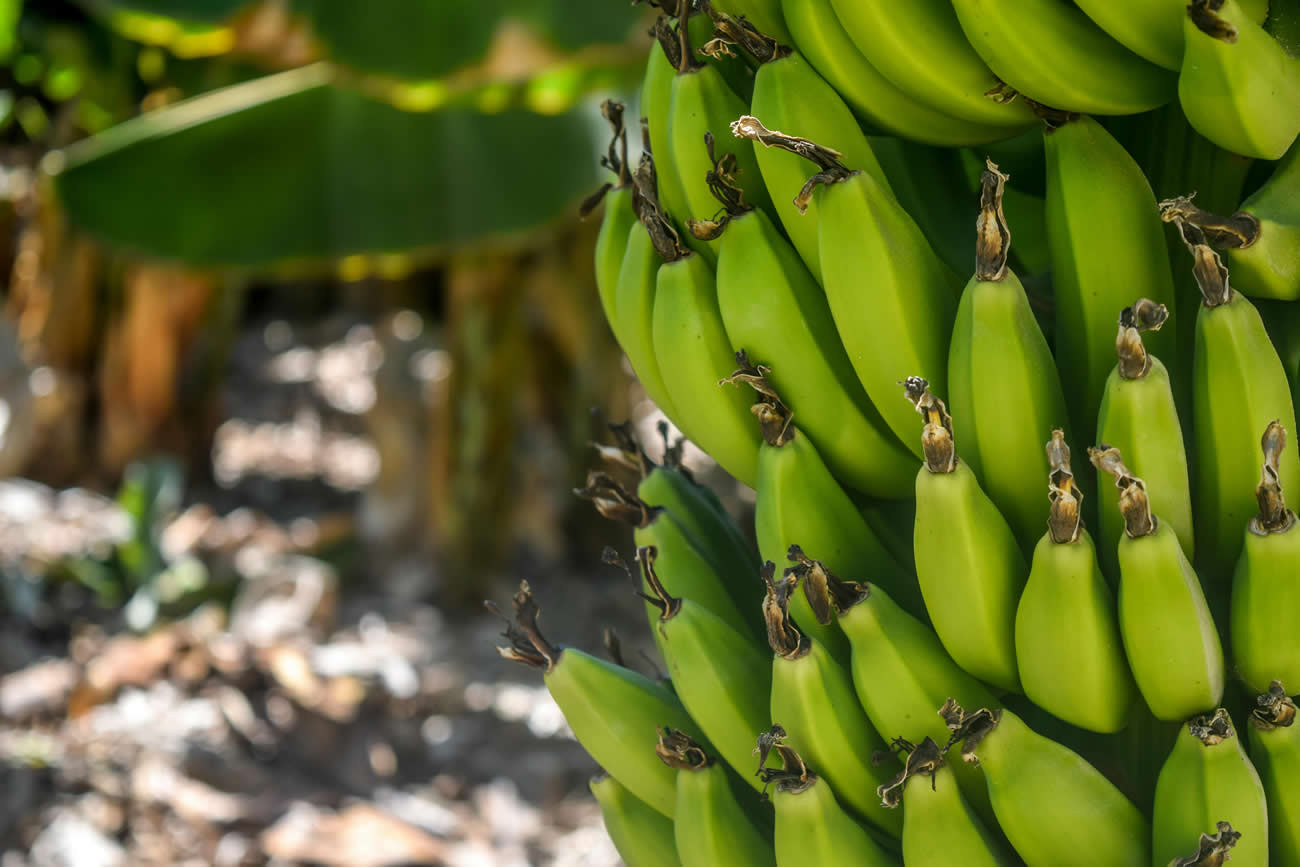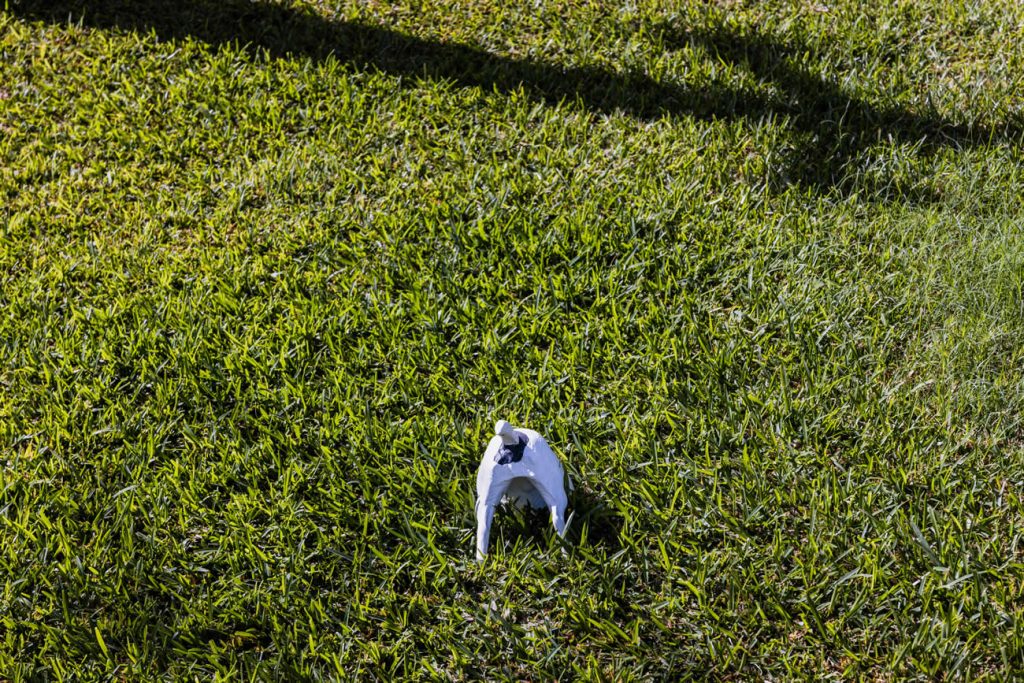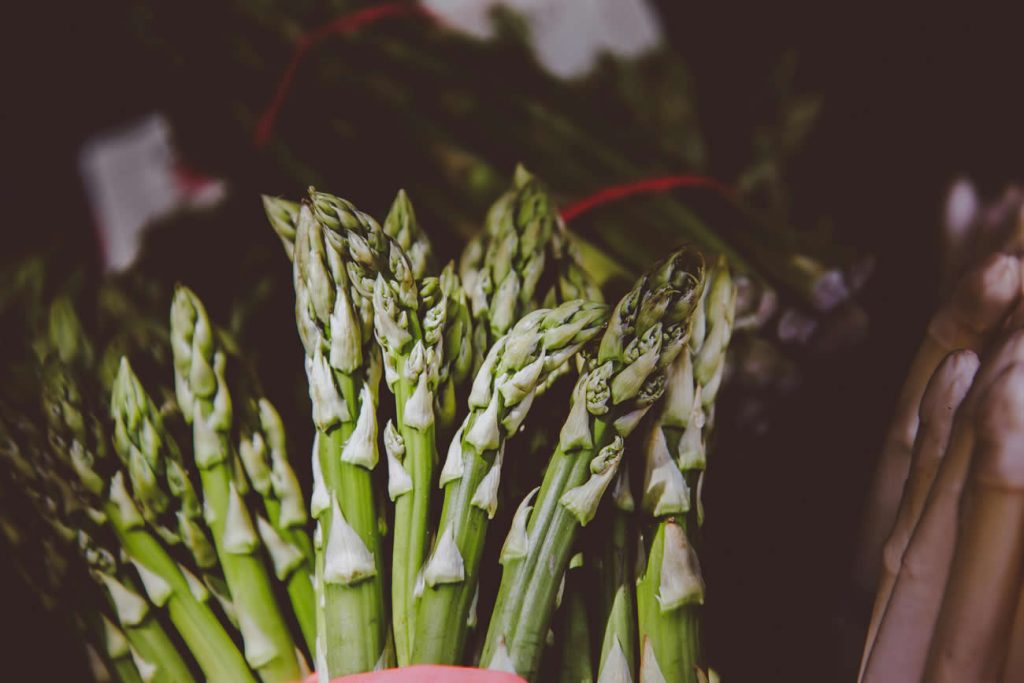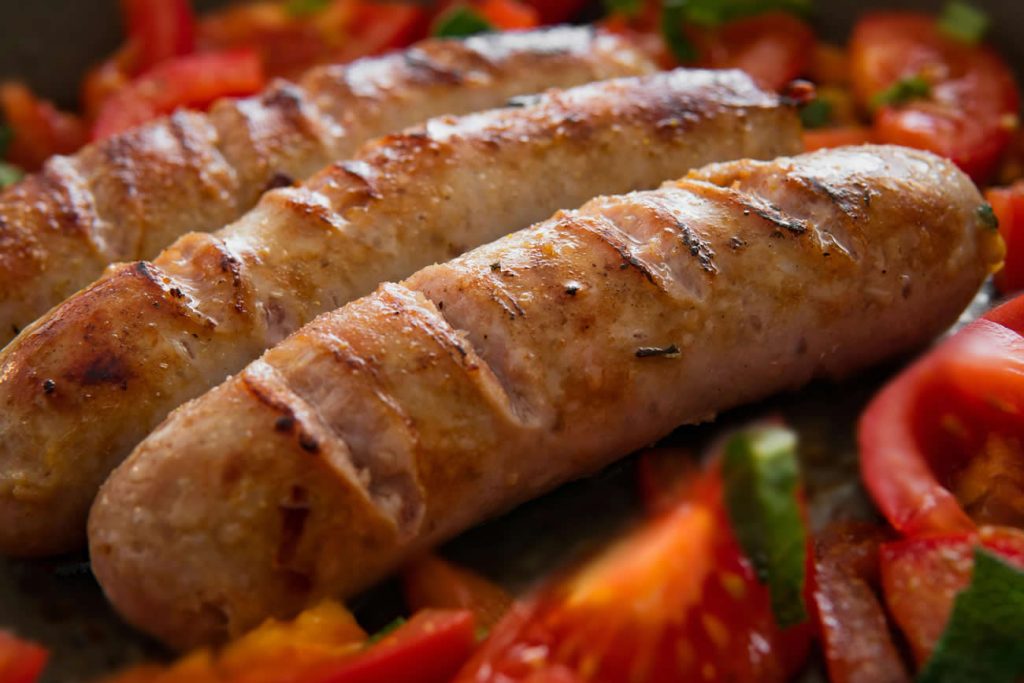Dogs are man’s best friend. Man, myself, and all of my furry, slobbery friends love bananas. Except…is it okay for dogs to eat bananas? More importantly, do bananas contain any qualities detrimental to canine health?
Is there much the matter in this yellowish fruit that might be poisonous for dogs? So the golden question is…
Can Dogs Eat Bananas?
Yes, dogs can eat bananas. However, it’s important to note that bananas are high in calories, so don’t feed them too often or too much at once. Dogs with sensitive stomachs may also experience diarrhoea if they eat too many bananas. Dogs can eat bananas, but they should only be fed to dogs as an occasional treat, not as a meal replacement.
Bananas are high in calories (about 90 calories per medium banana) and contain a fair amount of sugar. The sugar content is natural and won’t cause any issues for your dog, but it does mean that your dog will likely get a sugar rush from the fruit.
Additionally, bananas may give your dog diarrhoea as they’re both high in fibre, which can cause digestive upset in some dogs.
The Nutritional Profile of Bananas
Bananas are a well-loved fruit, known for their sweet taste and creamy texture. But what makes them beneficial for dogs? Here’s a breakdown of their nutritional content:
- Vitamins and Minerals: Bananas are rich in essential vitamins such as vitamin C, vitamin B6, and potassium. These nutrients play a vital role in maintaining your dog’s overall health.
- Dietary Fibre: This fruit contains dietary fibre, which aids in digestion and can help regulate your dog’s bowel movements.
- Low in Calories: A medium-sized banana has about 105 calories, making it a relatively low-calorie treat compared to many commercial dog snacks.
Despite these benefits, moderation is key. Too much fruit can lead to digestive issues, so it’s essential to keep portion sizes in check.
Can All Dogs Eat Bananas?
While most dogs can safely enjoy bananas, a few considerations should be taken into account:
- Size Matters: Smaller breeds may be more susceptible to digestive upset, so it’s best to start with small pieces to see how they react.
- Health Conditions: Dogs with certain health issues, such as diabetes or pancreatitis, should avoid high-sugar fruits like bananas. Always consult your vet if you’re unsure.
- Allergies: Although rare, some dogs may have allergies to bananas. If it’s your dog’s first time trying this fruit, introduce it slowly and monitor for any adverse reactions.
How to Safely Feed Bananas to Your Dog
When it comes to feeding bananas to your dog, preparation is essential. Here are some tips to ensure your dog enjoys this treat safely:
Remove the Peel
While the banana peel is not toxic, it can be tough for dogs to digest. Always peel the banana before offering it to your pup.
Serve in Moderation
As a general rule, treats should make up no more than 10% of your dog’s daily caloric intake. For larger breeds, one banana may be acceptable, while smaller breeds should only have a few small pieces.
Cut into Small Pieces
To prevent choking hazards, especially for smaller dogs, cut the banana into bite-sized pieces. This also makes it easier for them to chew and digest.
Experiment with Different Forms
Dogs can enjoy bananas in various forms. Here are some creative ideas:
- Frozen Treats: Slice bananas and freeze them for a refreshing treat on hot days.
- Banana Mash: Mash a banana and mix it with their regular food for a tasty addition.
- Banana and Peanut Butter: Combine mashed banana with a small amount of unsweetened peanut butter for a delicious snack.
Potential Health Benefits of Bananas for Dogs
Feeding your dog bananas can provide several health benefits, including:
- Improved Digestion: The dietary fibre in bananas can help regulate your dog’s digestive system, potentially alleviating constipation.
- Energy Boost: The natural sugars in bananas provide a quick energy boost, making them an excellent treat for active dogs.
- Heart Health: The potassium in bananas supports heart health by helping to regulate blood pressure.
Risks and Considerations
While bananas are generally safe, there are a few risks to keep in mind:
- High Sugar Content: Bananas contain more sugar than many other fruits, which can lead to weight gain and other health issues if consumed in excess.
- Gastrointestinal Upset: Introducing bananas too quickly into your dog’s diet can cause stomach upset or diarrhoea. Always start with small amounts.
- Potential Choking Hazard: As with any food, there’s a risk of choking, particularly with larger pieces. Always supervise your dog while they are eating.
Signs of Overindulgence
It’s crucial to monitor your dog after introducing any new food, including bananas. Signs of overindulgence may include:
- Vomiting
- Diarrhoea
- Lethargy
- Signs of discomfort or bloating
If you notice any of these symptoms, it’s best to contact your veterinarian for advice.
How Often Can Dogs Eat Bananas?
Bananas can be a delicious and nutritious treat for dogs, but they should not be given every day. Instead, consider offering bananas as an occasional treat. You might choose to give them a small piece after a long walk or as a reward during training sessions.
Alternatives to Bananas
If your dog doesn’t seem to enjoy bananas or you’re looking for variety, there are plenty of other fruits that are safe for dogs to eat. Some great alternatives include:
- Apples (remove seeds and core)
- Blueberries
- Strawberries
- Watermelon (without seeds and rind)
Each of these fruits offers unique health benefits and can be introduced into your dog’s diet in moderation.
How Much Banana Can A Dog Eat?
Many dogs love bananas and will eat them up with gusto. But can you give your dog too many bananas? It’s not as simple as it sounds.
Bananas are a good source of vitamins B6 and C, potassium, copper, manganese and fibre. They’re also low in fat and calories. However, some people worry about giving dogs too many bananas because of their high sugar content.
This is especially true for large dogs that have health issues like diabetes or pancreatitis, which can be exacerbated by too much sugar intake.
But for the average adult dog that doesn’t have any health issues, one-half of a banana is a safe amount to feed daily. Some veterinarians recommend feeding two bananas weekly to help prevent urinary tract infections in female dogs.
The potassium in the fruit helps reduce the amount of calcium deposited in the urethra, which helps prevent painful blockages (cystitis).
Smaller dogs should only get two or three small pieces per day because they have smaller stomachs than larger breeds do and don’t need as much food as a large breed dog does.
Can Dogs Eat Banana Peels?
No, dogs should not eat banana peels. The peel of banana fruit is not safe for dogs as it is rich in starch, which can cause digestive issues.
Bananas are great for dogs because they are a good source of potassium and carbohydrates. However, the peel of the fruit contains substances that can be toxic to dogs if ingested in large amounts or over a long period of time.
If your dog does eat a banana peel, watch for signs of poisoning such as lethargy, vomiting or diarrhea and contact your veterinarian if you see any of these signs.
Can A Dog Eat Frozen Banana?
Yes, dogs can eat frozen bananas. Frozen bananas are a great way to help your pup cool down when it’s hot outside. They’re also full of nutrients that will make their fur shiny and soft.
Frozen bananas are also a good source of antioxidants that help fight free radicals in the body, which prevent cancerous cells from developing and spreading through the body.
Dogs can eat frozen bananas as long as they are in moderation. A small amount of frozen banana can be added to their food once or twice a week, but it should not make up their entire diet. You should also consider how many calories and nutrients are in the frozen banana before giving it to your dog.
Can Dogs Eat Dried Bananas?
In general, bananas are safe for dogs if they’re fresh, frozen or freeze-dried. You should avoid giving your dog overripe bananas because they may contain higher levels of sugar than those that are ripe or just underripe.
There are some special considerations to keep in mind when feeding your dog bananas. Frozen banana chunks can be given to dogs as treats; they’re good for dental health and reduce plaque buildup on teeth.
Dogs who have problems digesting starch should avoid eating too many bananas because they contain more starch than other fruits such as dogs eating apples or grapes. They also shouldn’t eat any fruit with seeds in it.
Can Dogs Eat Banana Bread?
You should not feed your dog banana bread because the high sugar content is harmful to dog breed.
Feeding your dog banana bread is a bad idea because it has too much sugar, which can cause health problems in dogs. The high sugar content of banana bread can cause pancreatitis, which is a condition that causes inflammation and swelling in your dog’s pancreas.
The pancreas helps control blood glucose levels in the body and processes fat, proteins and carbohydrates into energy. If you give your dog too much sugar or if he eats too much sugar too quickly, his pancreas might not be able to process all of it at once and get overwhelmed by the job; this can lead to pancreatitis.
Another reason why you should not feed your dog banana bread is because some brands contain chocolate which is toxic to dogs. Chocolate contains theobromine, an ingredient that can make dogs sick if they consume too much of it.
Can Dogs Eat Banana Chips?
Banana chips are made by slicing a banana into thin slices and then frying them until they become crispy. There is no difference between eating a banana versus eating banana chips; it’s just another method of preparation.
Banana Chips are a great snack for dogs and can be used as an alternative to other treats. They are high in fiber, which means they help keep your dog’s digestive system healthy. They also have potassium and vitamin B6, which help with muscle recovery and energy production.
Bananas are a great source of natural sugars that give your dog energy without causing weight gain or other health issues like diabetes.
Are Banana Chips Safe for Dogs?
Banana chips are safe for dogs to eat as long as there are no artificial sweeteners or preservatives in the product.
There are some brands that add sugar to their products, so check the label before feeding your dog any type of snack food made from bananas.
Can A Dog With Pancreatitis Eat Bananas?
A lot of dogs will have a bad reaction to the high-fat foods that you’re probably giving them. That said, there are a few fruits that are safe for dogs with pancreatitis. These include apples, bananas, and watermelons.
The reason for this is that these fruits are low in fat and high in water content. They won’t cause any issues with your dog’s pancreas. They will also help your dog maintain proper hydration levels while they’re recovering from pancreatitis.
Try to avoid giving your dog citrus fruits because they will be too acidic for their stomach.
Can Diabetic Dogs Eat Bananas?
Diabetic dogs are at a higher risk for obesity, so bananas are not the ideal fruit for them. The reason is that bananas contain a lot of sugar.
If your dog is diabetic or has issues with high blood sugar, it’s probably best to keep him away from bananas altogether. If you have an overweight dog with high blood sugar, try feeding him leaner meats and vegetables instead of fruits like apples and bananas.
However, if your dog does not have any health issues and can tolerate fruit well, then a banana is fine to eat. In fact, bananas are a good source of potassium and other nutrients that can help keep his body healthy.
If you have any questions about whether or not you should give your dog a banana, talk to your veterinarian. He or she can help you determine how much fruit is appropriate for your furry friend.
Can Dogs Eat Banana Blossom?
The banana blossom is the reproductive part of a banana plant. Its edible portion is the heart, which is located in the centre of the flower. The banana blossom is an excellent source of vitamins, minerals, proteins and carbohydrates. It also contains iron, calcium, phosphorus, potassium and other essential nutrients for dogs’ health.
Banana blossom can be fed to your dog as a snack or incorporated into his regular diet. Before feeding your dog with banana blossom flowers, make sure that it has not been sprayed with any chemicals or pesticides.
Can Dogs Eat Banana Cake?
A banana cake recipe can be a delicious, simple way to enjoy the sweet fruit. However, dogs cannot eat banana bread. Banana bread recipes often contain toxic ingredients for dogs, such as walnuts and chocolate, and the baked treat is full of added sugar.
Banana bread contains several ingredients that are toxic to dogs:
Walnuts: Walnuts contain a toxin called juglone that can cause vomiting, diarrhoea and neurological issues in dogs. Dogs are particularly sensitive to this toxin because they lack an enzyme that helps break it down.
Chocolate: Chocolate contains theobromine — another toxin that causes vomiting, diarrhoea and heart arrhythmias in dogs. Darker chocolates have higher amounts of this chemical than milk chocolates do.
Peanuts: Peanuts can cause an allergic reaction in dogs if they are eaten in large quantities or frequently over time. Small doses of peanut butter may not cause any issues for some dogs, but large amounts can lead to vomiting and diarrhoea or even anaphylaxis (a life-threatening allergic reaction).








